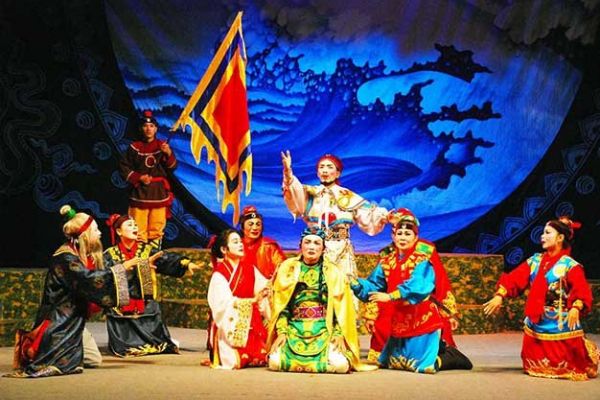
The project will offer young artists, mostly from local art troupes, free training in voice and performance skills at leading art schools and theatres, according to the province’s Department of Culture, Sports and Tourism.
The department will work with cultural researchers and historians to collect and restore old hát bội plays and games of bài chòi. Experts will receive support from local agencies to prepare documents to submit to UNESCO requesting recognition of bài chòi as an intangible cultural heritage.
Art programmes for students at schools and youth at cultural centres will also be featured.
Cultural officials will work with tourist agencies in the region and HCM City to set up performance schedules aimed tourists.
Through the project, local authorities hope to open 55 new hát bội and bài chòi clubs.
Hát bội or tuồng is often performed at ceremonies and festivals at temples and pagodas in central and southern provinces, such as Bình Định, Phú Yên, Vĩnh Long, Cần Thơ, Tiền Giang and Sóc Trăng.
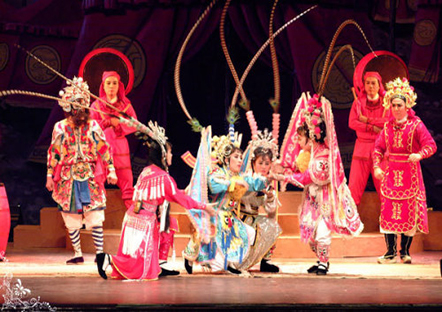
Classical drama (hát bội or tuồng)
Artists in the 13th century entertained royalty with the art form, which was later adapted and introduced to residents around the region.
Stories in hát bội feature historical events and social problems. The actors, skilled in both singing and dance, do their own make-up and design their costumes.
Bài chòi, which means bài (deck of cards) and chòi (bamboo hut), has various performance styles: folk songs, poem-singing, acting, storytelling and music on traditional instruments.
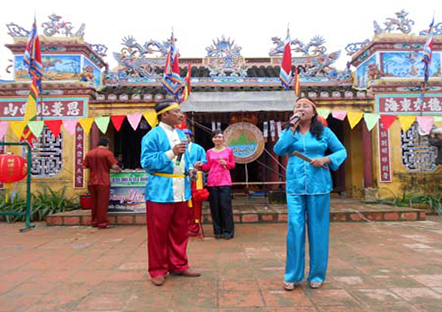
Traditional game combining forklore singing and lottery picks (hát bài chòi)
The two arts is popular with local residents in Bình Định.
VNS

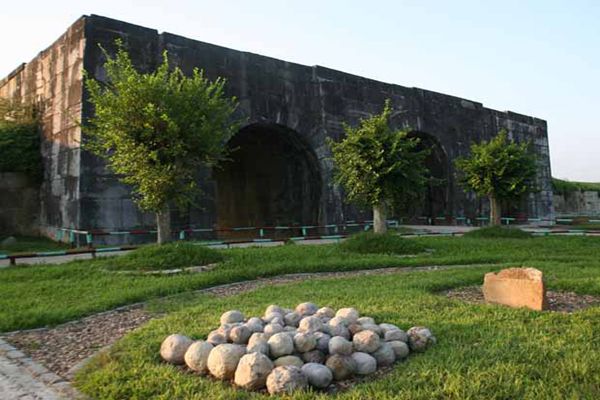

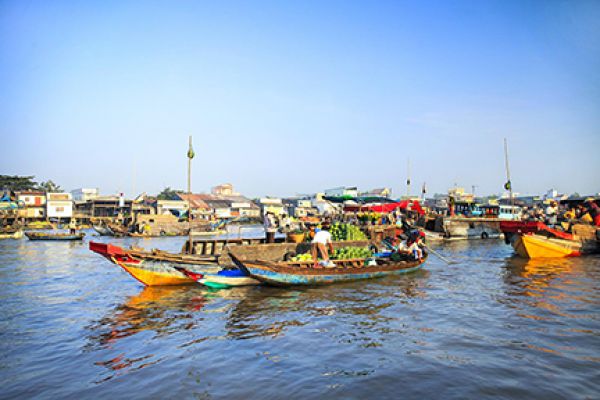



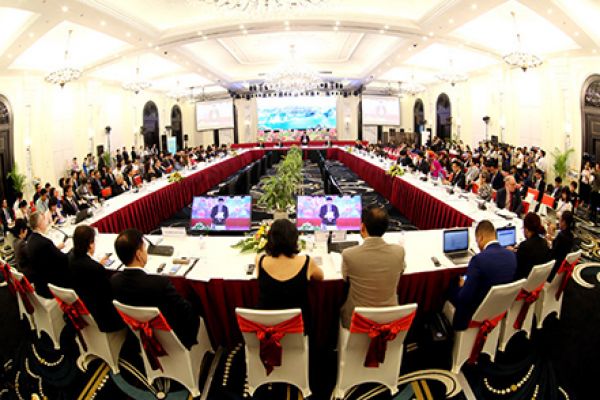


(84-63) 3 826042 – (84-63) 3 511142
No 54 Nguyen Dinh Chieu, Ham Tien Central Mui Ne Beach Binh Thuan Vietnam
523 To Hien Thanh District 10 Ho Chi Minh City Vietnam
Ha Long Halong City Quang Ninh Vietnam
A13 Hung Thong 2 Halong City Quang Ninh Vietnam




